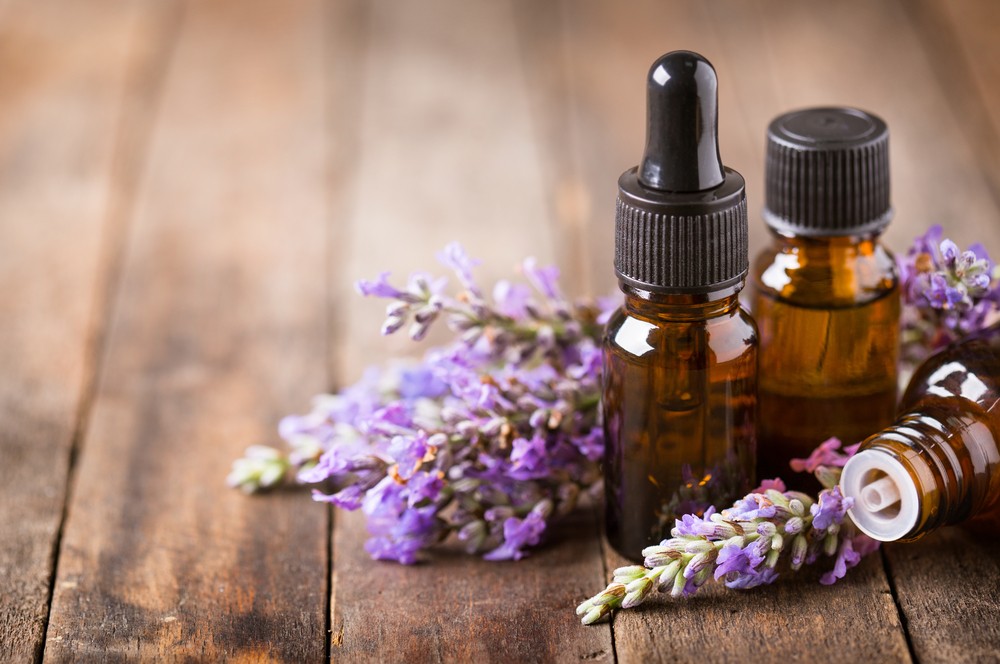Popular Reads
Top Results
Can't find what you're looking for?
View all search resultsPopular Reads
Top Results
Can't find what you're looking for?
View all search resultsAre all aromatherapy products worth the fanfare?
In order to make the most of your aromatherapy experience, it’s important to understand the modern-day use of the word.
Change text size
Gift Premium Articles
to Anyone
S
trictly, aromatherapy—otherwise known as essential oil therapy—refers to the utilization of naturally extracted aromatic essences from plant materials for therapeutic purposes. Today, the word encompasses a diverse range of products, including diffusers and synthetic beauty items.
The market promises aromatherapy’s beneficial nature, making it highly popular among consumers who buy sprays for their soothing properties and lotions for their energizing properties.
In fact, according to a 2017 report quoted by the Huffington Post, the industry is projected to make close to US$2.8 billion in revenue by 2024.
In order to make the most of your aromatherapy experience, it’s important to understand the modern-day use of the word.
Is it really 'natural'?
“Many people have a tendency to think that if something is advertised as aromatherapy that means it’s something natural,” licensed massage therapist at the University of Pittsburgh Medical Center Jessie Violet told the Post. “Some of those products that you see in stores are completely unregulated by any laws […] and their use of the term aromatherapy can be just a product with perfume. It indicates nothing about its natural status.”
Violet advises shoppers to read the labels instead of judging products merely based on their scents, and make sure the label mentions extracts of essential oils. Otherwise, it is likely that the scent in the product has been created by synthetic chemicals or perfume fragrances instead of natural products.
Certified clinical aromatherapy practitioner and public relations representative for the National Association for Holistic Aromatherapy, Kelly Holland Azzaro, warns against using synthetic fragrance-type products such as some lotions. She recommends items that contain organically grown pure essential oils instead.
Read also: Louis Vuitton to launch 7 new perfumes inspired by travel
Check the content
Violet said that just because a product claims to induce a feeling of relaxation, does not mean that it will work for you. Consider lavender, for instance. Research has demonstrated its ability to ease anxiety. According to Violet, reactions to scents are personal, and even if lavender causes a feeling of relaxation in one person, it could spur something different in another.
Erica Vega, a LUSH brand and product expert, said products with lavender perfume are not necessarily as potent as those with lavender oil. Her recommendation to consumers? Look for brands that are transparent about the contents of their products.
Some of the most commonly used essential oils include clary sage, which helps to relieve pain; eucalyptus, which is commonly used as a decongestant; and ginger, which aids in digestion.
Rose oil has become a common provider of comfort to the worried. When applied topically, it can tone down redness and clear blemishes. According to Azzaro, placing a drop of sweet orange essential oil on a tissue and inhaling it can help with digestion. (afr/kes)











